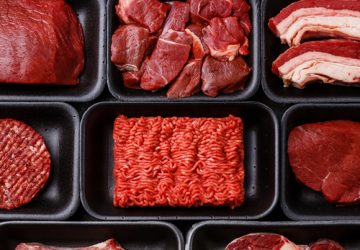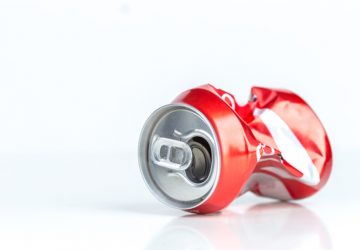Pity the Girl Scouts. They had a great thing going with those cookies—the familiar Tagalongs, Samoas, Thin Mints, and let’s not forget the Do-si-dos. But instead of universal goodwill, Girl Scout cookies are quickly crumbling into a symbol of activist appeasement and nutty outcomes. (Warning: these outcomes may contain nuts.)
The Wall Street Journal tells the story in today’s edition:
To earn their Girl Scout Bronze Award four years ago, Rhiannon Tomtishen and Madison Vorva set out to study orangutans.
Instead, they wound up investigating Thin Mints, Trefoils and Samoas.
What they uncovered soured them on the sweets and has put the Michigan teens at odds with Girl Scouts of the USA. Now they're on a march to change the recipe for Girl Scout cookies.
Their target: palm oil, which can come from places the primates live.
Everyone with young daughters—heck, everyone whose co-workers or neighbors have young daughters—has been conditioned, Pavlov-like, to anticipate the springtime cookie season. Girl Scouts sold 198 million boxes in 2010, and literally billions since the program began in 1917.
For decades, all was well as Americans indulged in a little sweet, fatty goodness. The original recipe was simple enough: flour, sugar, eggs, milk, vanilla, salt, baking powder, and butter. But at some point during the 20th Century, the cookie recipe switched from butter to partially hydrogenated oils containing trans fat. (This was probably around 1990, when CSPI, the Center for Science in the Public Interest, was recommending trans fats over saturated fats.)
It changed again in 2006, when public health activists (including that same CSPI) flip-flopped and fitted trans fat for its own skull-and-crossbones. Since then Girl Scout cookies have sported a “zero trans fat” label, as commercial bakeries have been using palm oil instead.
But just as the butter-to-trans-fat switch wasn’t a permanent solution, it’s only taken five years for someone to find a problem with palm oil.
Guess who started this squabble? If you picked CSPI, you win a cookie.
In 2006, CSPI’s noted food scolds launched a campaign against the trans fat replacement, complaining that palm oil was harvested from “unsustainable” sources that placed critical orangutan habitats in jeopardy. And despite the fact that some palm oil producers have made commitments to change their sourcing methods, CSPI’s rants have had a long Internet shelf-life.
Enter those two enterprising young scouts in this morning’s Wall Street Journal. Between online advice from CSPI and active anti-palm-oil campaigns from the Center for Biological Diversity, the Union of Concerned Scientists, and the Rainforest Action Network, the two ’tweens had enough propaganda to threaten what amounts to a $700 million public service program.
So what will happen next? Will future Thin Mints taste the same? Will Samoas crumble differently? Will there ever be a baking fat that won’t attract headaches from food activists? (At this point it seems they’ve tried everything short of bacon grease.)
Time will tell. But if they mess with our Tagalongs one more time …
You get the picture.




